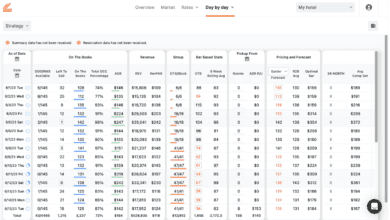Everything you need to know about shares

Shares and investing in stock may sound easy but in order to be successful, you need to know the basics to get you started. Even if you’re not interested in shares or stocks, you’ve heard of them before. This article aims to shed light on what shares are, the types of investments and investors and the risks and rewards of investing in shares.
What You Should Know About Shares
So, what are shares, you ask? Shares are simply units of stock issued by a business or corporation for equity in the partial ownership of the capital stock of a company. Shares are sold to investors by these businesses to raise capital and, in return, investors receive a fraction of the company’s assets and earnings.
As an investor, you are essentially vouching for your investment into the said company to be successful in gaining something from your shares. As a company, you are raising capital for your business and taking on board contributors.
Types of Investments
- Ordinary Shares: Fraction of ownership in the company and voting/decision-making rights
- Non-Voting Shares: Shares in the capital of the company but no voting rights
- Preference Shares: Shareholders are given special rights, including priority to fixed dividends and voting rights
- Redeemable Shares: Shares that the company has the right to buy back at any time, giving them flexibility in managing their capital structure
Types of Investors
- Angel Investors: Experienced entrepreneurs who invest money in small businesses for small equity (10% – 25%)
- Peer-To-Peer Lenders: Investments received from person to person without a middle-man
- Venture Capitalists: Private investors who have shares in companies in return for equity
- Personal Investors: A small investment by an individual rather than a company
Risks
- When a company’s value decreases, the shares you hold may decrease
- Financial crises or stock market crashes may decrease your shares
- If there is a rise in the rate of inflation, the rate of the return on your investment may decrease
- If a company starts performing poorly, you may find it hard to find a buyer for your shares
Rewards
- When a company’s value increases, you can expect the value of your shares to increase too
- High rewards when you invest shares in a business that becomes successful
- Opportunities for capital growth when the value of your investment increases
- Flexibility and control over your shares and investments
- Having a passive income (how passive will depend on the type of share you invest in)









